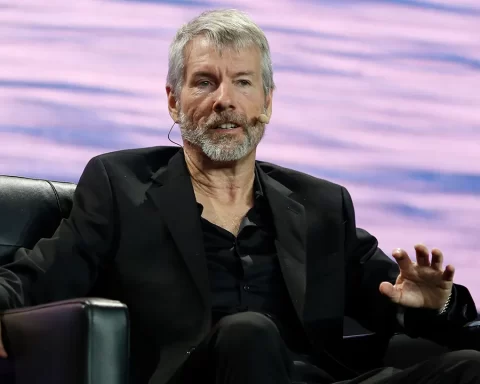Krist Novoselic, the co-founder and bassist of the iconic rock band Nirvana, recently took center stage in a shareholder proposal presentation aimed at encouraging Microsoft to reassess its approach to generative artificial intelligence (AI).
This initiative, known as Shareholder Proposal 13: Report on AI Misinformation and Disinformation, was submitted by Arjuna Capital on behalf of Krist Novoselic and various other shareholder groups.
The proposal, as stated in a press release, revolves around Novoselic’s concerns that Microsoft has not thoroughly examined the business and societal implications of generative AI amidst its rapid adoption of this technology.
One of the pivotal concerns highlighted in the proposal is the potential for Microsoft-developed or -endorsed AI models to inadvertently contribute to the proliferation of disinformation and misinformation.
This is a pressing issue, considering the profound impact such false information can have on society.
The proposal also raises questions about the applicability of Section 230, a law that provides internet hosts and users with limited protections against liability for content generated by third parties.
The proposal questions whether these protections would extend to content produced by Microsoft’s own generative AI systems.
READ MORE: JPMorgan CEO Jamie Dimon Faces Backlash from Crypto Community Over Bitcoin Crime Claims
During his presentation, Novoselic posed a thought-provoking question: “What happens when society increasingly relies on information generated by Microsoft’s AI-powered Bing, a platform found to provide inaccurate answers ten percent of the time?”
He also pointed out that earlier in the year, experts had called for a six-month pause on AI development, a plea that Microsoft, along with the rest of the industry, chose to disregard.
According to Novoselic, Microsoft’s haste to bring AI to market seemed to prioritize short-term profits over long-term success, raising concerns about the potential consequences of such a strategy.
Microsoft’s board responded to the proposal by asserting that they had already addressed its request through existing and forthcoming reporting.
However, Arjuna Capital argued that the proposal aimed to elicit information that went beyond the generic commitments to responsible AI found in these reports.
In particular, the shareholders behind the proposal sought to compel Microsoft to conduct a comprehensive and in-depth assessment of the long-term risks associated with generative AI.
Despite Microsoft’s recommendation that shareholders reject the proposal, it ultimately failed to garner sufficient support in a subsequent shareholder vote.
Discover the Crypto Intelligence Blockchain Council





